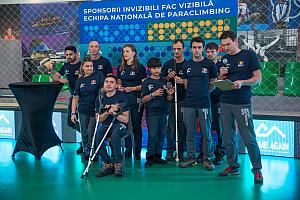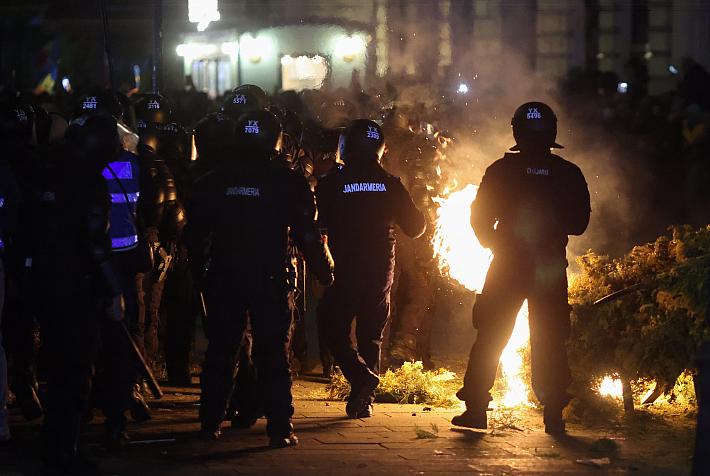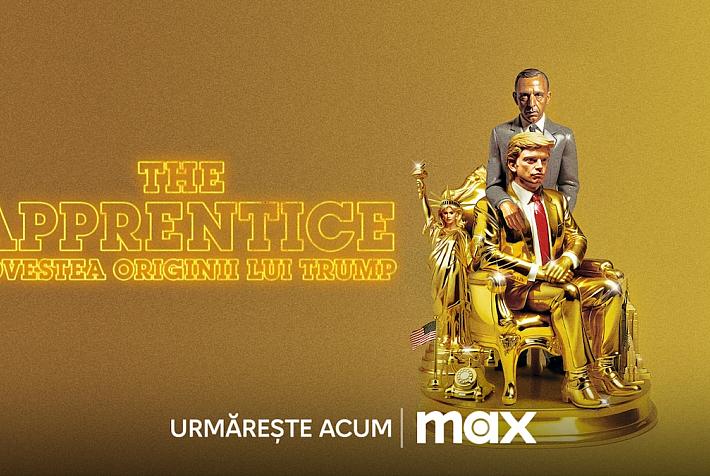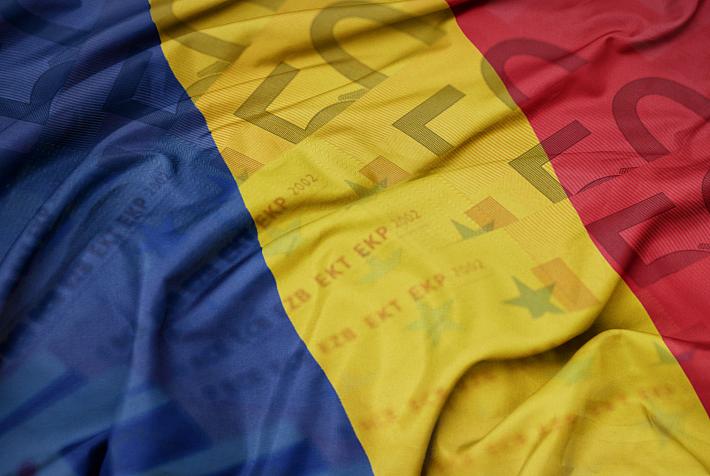Romania’s Animest launches project to make films accessible to hearing-impaired children
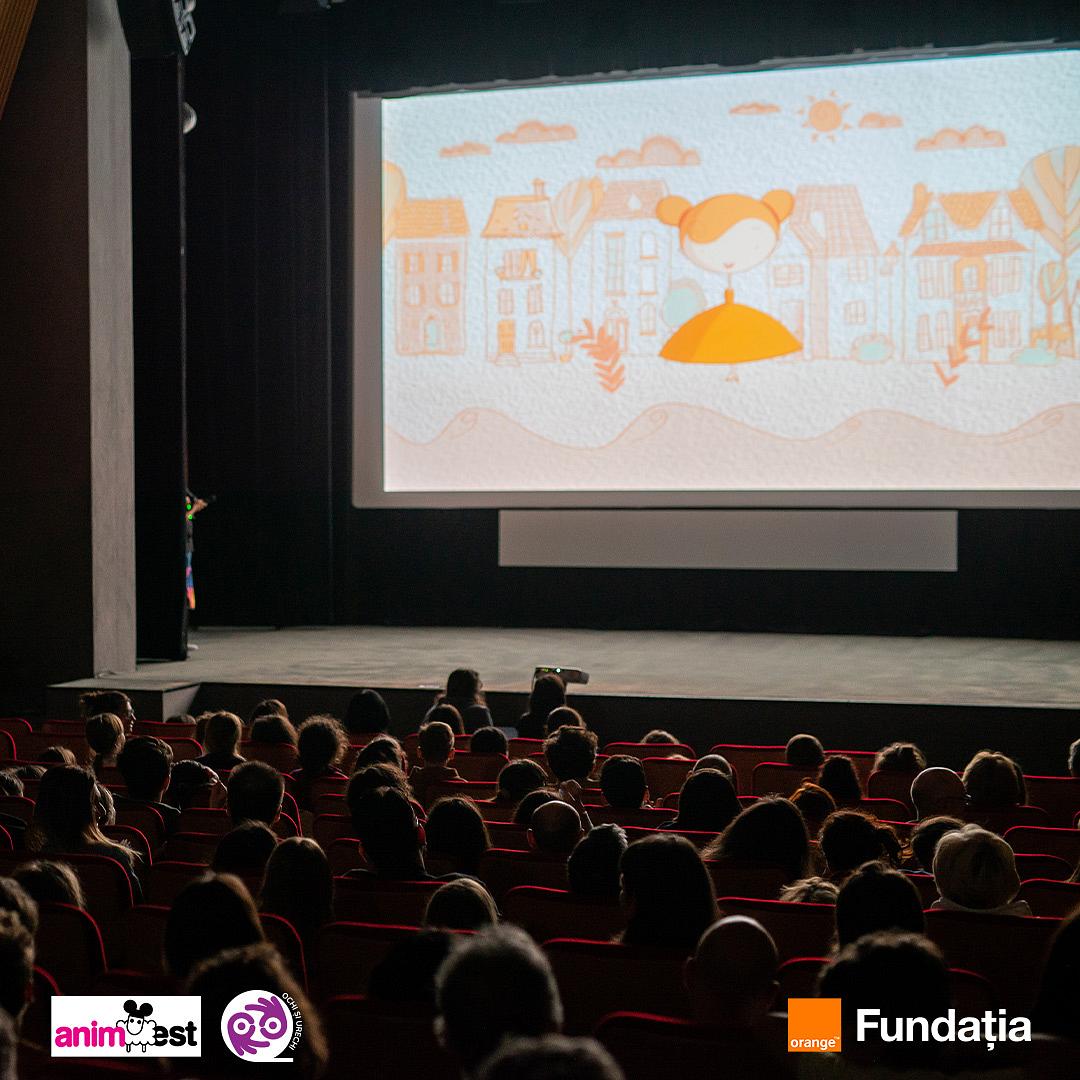
Animation film festival Animest announced the launch of Eyes and ears/Ochi si urechi, a new project to make films accessible to hearing-impaired children. The initiative promises to offer film enthusiasts a viewing experience tailored to their needs, be it in the cinema hall, classrooms, or in front of screens at home, with the aim of contributing to the development of new alternative education tools for deaf children.
With help from students from special schools in Bucharest and teaching staff, 10 animated films for children will be interpreted in Romanian sign language, with subtitles accessible to deaf people. The movies can be watched in any educational institution in Romania, as alternative learning tools through film.
According to the organizers, the educational component of the project will become an extension of the Academia Minimest program, through which Animest offers free animation films on educational topics and worksheets for students and teachers.
The project is part of the Animest Association's effort to transform cinema halls into welcoming spaces for all spectators. The pilot edition of the Eyes and ears project will also mean the technical endowment with an induction loop, which improves sound quality for those using a hearing aid. This system will be available in one of the screening spaces where the 19th Animest Festival will take place, to make the festival experience more inclusive and accessible.
"The initiative is part of a wider project to promote inclusion by making cinematographic products accessible to as diverse audiences as possible, starting from our belief that the limits are in the way we present films, not in the viewers' abilities to enjoy them, and inclusive cultural events should be the norm, not an exception," said Ligia Soare, the project coordinator.
To promote the concept of inclusive cinema in the domestic creative community and encourage producers, distributors, organizers of cinema events, and screening spaces to take a step towards adopting accessible film presentation formulas in Romania, the Animest Association also offers training and information sessions to professionals. In the first phase, film translators are invited to participate in March in a specialization course held by one of the most acclaimed international researchers and trainers in the field of accessible subtitling, Dr. Josélia Neves, university teacher. Participation will be free, subject to availability, and details about the course and registration can be found on the Animest website.
"The audio-visual translation training for hearing-impaired viewers is the first of its kind to be held publicly in Romania, and the course participants will work together to design version 1.0 of the Romanian subtitling guide accessible for deaf people," the organizers said in the press release.
The event will be followed, also in March, by a day of free intensive training for organizers of film festivals and events, cultural managers, film distributors, and representatives of cultural institutions. Also for them, Animest is drafting, with the consultation and validation of the project's direct beneficiaries, the first guide to good practices in organizing accessible film festivals for deaf people.
Eyes and ears is a project co-financed by the Orange Foundation through "The world through color and sound," a funding fund dedicated to people with sensory impairments in Romania.
irina.marica@romania-insider.com
(Photo source: the organizers)







